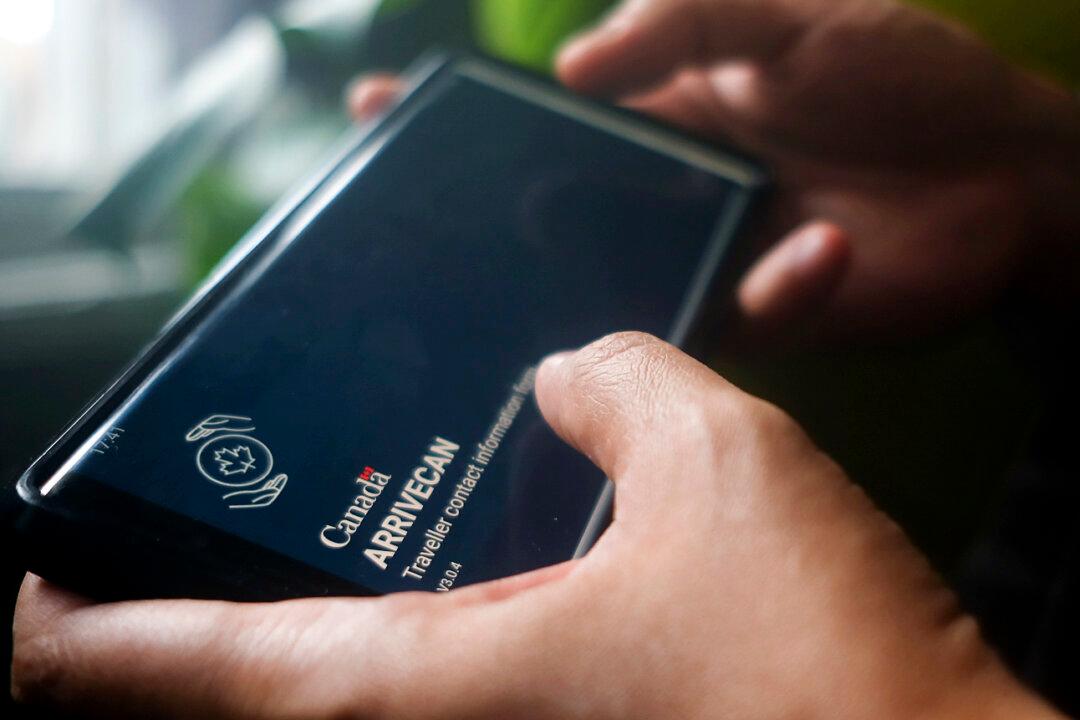A federal government contractor implicated in the ArriveCan scandal says its president only joined the public service after work on ArriveCan was completed and that steps were taken to avoid conflict of interest.
Contractor Dalian Enterprises told The Epoch Times in a statement that president David Yeo became a Department of National Defence (DND) employee last September, “long after completion of all work on the ArriveCan app.”





